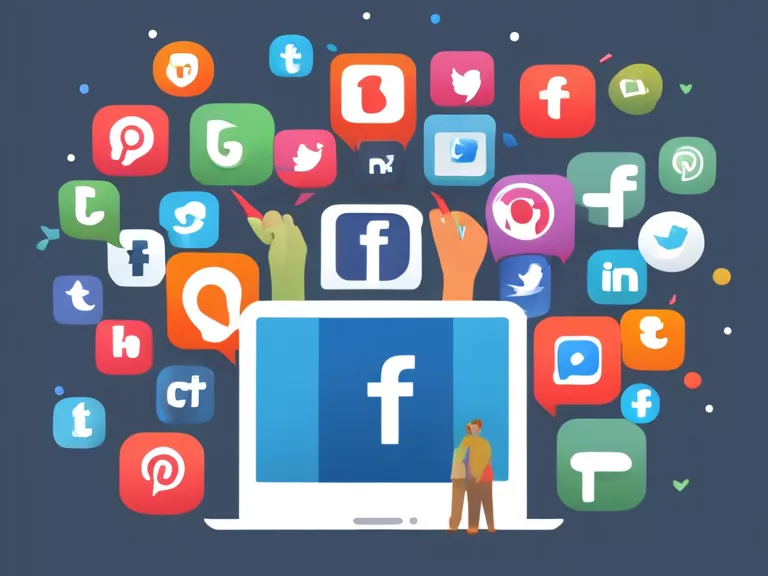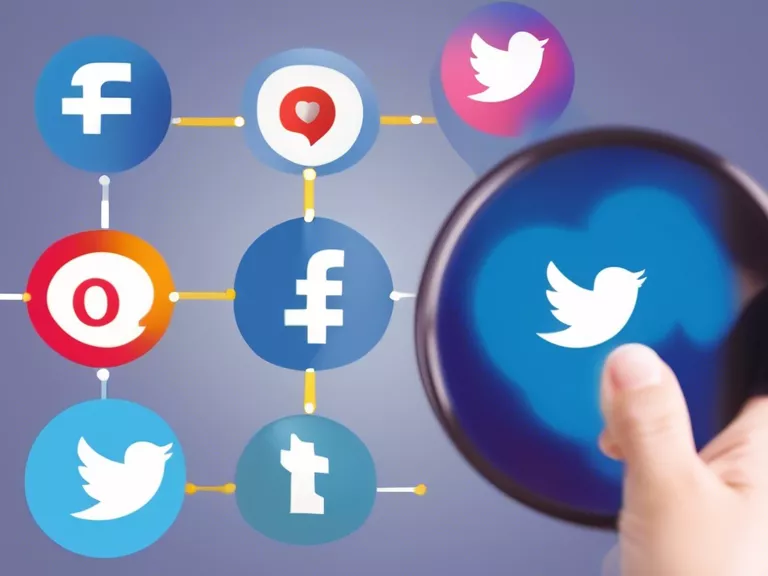
In today's digital age, social media has become a ubiquitous part of everyday life. While it has many benefits, such as staying connected with friends and family, promoting businesses, and sharing important information, the impact of social media on mental health is a topic of growing concern. It can be described as a double-edged sword, offering both positive and negative effects on our mental well-being.
On the positive side, social media provides a platform for people to form and maintain relationships, which is crucial for mental health. It can help reduce feelings of loneliness and isolation, especially for those who may not have access to a strong support system in person. Social media also allows individuals to share their thoughts and experiences with others, fostering a sense of belonging and validation.
However, the negative effects of social media on mental health cannot be ignored. The constant comparison to others, often curated and exaggerated online personas, can lead to feelings of inadequacy, low self-esteem, and anxiety. The pressure to present a perfect image can have damaging effects on mental health, causing individuals to feel like they are constantly falling short in comparison to others.
Moreover, the addictive nature of social media can contribute to mental health issues, such as depression and anxiety. The constant scrolling, notifications, and need for validation can lead to feelings of being overwhelmed and constantly "on." The fear of missing out (FOMO) can also impact mental well-being, as individuals may feel left out or disconnected from their online social circle.
To mitigate the negative effects of social media on mental health, it is important to practice mindful usage. Setting boundaries, taking breaks, and seeking support from mental health professionals are crucial steps in maintaining a healthy relationship with social media. By being aware of the potential impact it can have on our mental well-being, we can harness the positive aspects of social media while protecting ourselves from its negative consequences.



